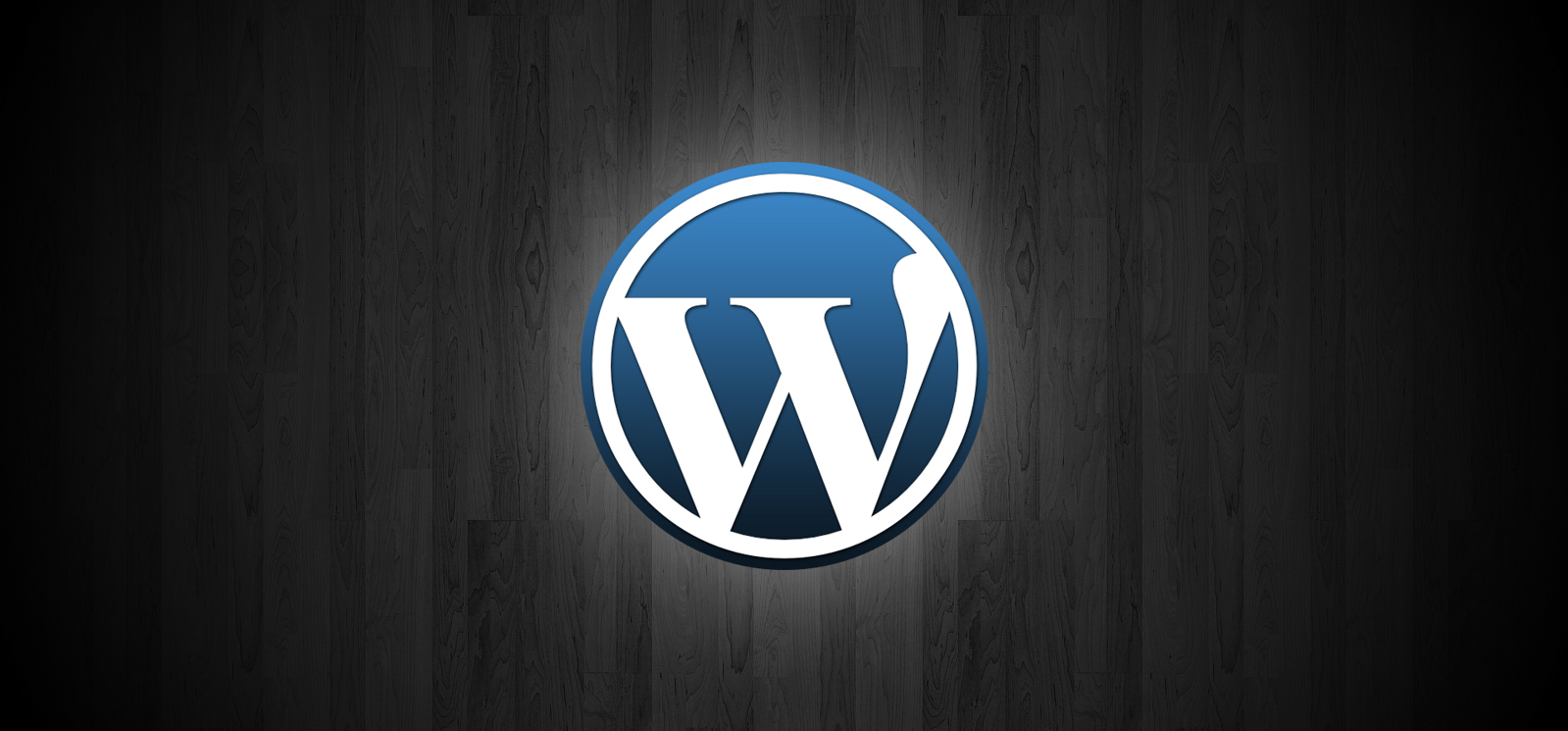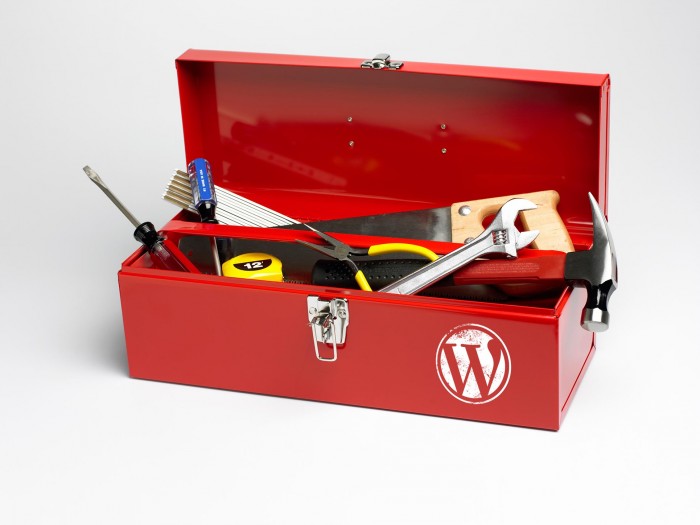
25 Aug The Basics of WordPress Optimization
It is common knowledge that internet users are not the most attentive audience around. They are a very impatient bunch as well, and any delays in website performance are going to encounter very little tolerance from them. The most you can expect from internet users when sluggish and buggy websites are in question is maybe a single “reload page” attempt and that’s if you’re lucky. In most cases, they will simply move on to the next result in their search list, or if they ended up on your website by clicking on a link, they will continue whatever they were doing before they saw the link.
In order to make sure that your abandonment rate due to poor site performance is at the lowest level possible and that your user experience is top-notch, you need to optimize your WordPress website to function without a hitch. If you are having problems with site performance, here are a couple of things that will probably help you out with that.
There are a lot of things an average user can do to improve his/her website performance, but lets tackle one thing at a time.
Hosting
Before we go through some of the modifications you can do in WordPress that can boost the overall performance of your website, we need to cover hosting. A lot of times, bad servers, buggy, shared hosting and lack of overall resources are the main cause of your headaches. I’m not saying that all cheap hosting equals bad hosting, but in some cases, hosting companies promise more than they actually provide, and in other cases, site owners go for packages that offer fewer resources than they actually need in order to save money.
Here is a list of hosting options arranged according to stability and performance, from worse to best:
- Shared Hosting – A lot of websites on one server, poor security and usually no limit to how much of the resources a single website can hog. Also, in most cases, support is nonexistent. Not recommended for serious websites.
- VPS Hosting (Virtual Private Server) – Similar to shared hosting since there are numerous websites hosted on the same machine, but each one gets their own dedicated resources which will always be available to them. Security is better, support is usually available, there are no software restrictions and there is better access to server modifications.
- Dedicated Hosting – A bit more costly solution, but in this set up, you get your own dedicated machine which you can pay to have boosted in terms of hardware. Full control over server optimization options and 24/7 support.
- Cloud Hosting – Cloud hosting is easiest to explain as a combination of VPS and Dedicated hosting. Your website is hosted on a virtual server which is managed by a network of real servers which pitch in to boost resources in cases of hardware failure. Great stability, on-click resource boosting, and all other benefits of Dedicated hosting.
WP optimization
Here are a couple of things that you should pay attention to when it comes to website setup and optimization that are related to the website load up time.
Image optimization
Multimedia, in terms of videos and images can significantly lower your website load time. While videos are rarely hosted on servers (they are usually embedded), images can be a problem. If your website has a lot of images, then here are a couple of things that can increase a website’s performance.
- Proper image size – Avoid using images bigger than the size in which you display them. This may take a bit of work but if you use HTML to scale them, you will just be sending unnecessarily heavy data for no good reason thus lowering your site performance.
- Spirits – This is a CSS technique that is utilized to display multiple image design elements on your website as a single item. In some cases, this is impossible to do, but this is a crucial feature to look for when you are choosing a theme.
- WP Smush.it – This is a plug-in that removes any excess data that is tied to images such as creation date, location, etc.
gZIP Compression
By adding the following piece of code to your .htaccess file which is located in your root WordPress folder, you will enable the compression of your images, CSS & JavaScript files. These files will be compressed before they are sent to the user and will be decompressed by the browser on the other side, before it is rendered, therefore significantly lowering the loading time.
## ENABLE GZIP COMPRESSION ##
AddOutputFilterByType DEFLATE text/plain
AddOutputFilterByType DEFLATE text/html
AddOutputFilterByType DEFLATE text/xml
AddOutputFilterByType DEFLATE text/css
AddOutputFilterByType DEFLATE application/xml
AddOutputFilterByType DEFLATE application/xhtml+xml
AddOutputFilterByType DEFLATE application/rss+xml
AddOutputFilterByType DEFLATE application/javascript
AddOutputFilterByType DEFLATE application/x-javascript
## ENABLE GZIP COMPRESSION ##
MySql Database optimization
This is a separate issue altogether and it is a very broad subject and is something that would take a lot of time to cover. The most stripped down explanation of how optimizing your MySql database can help you speed up your website load up is through queries. WordPress loads up a lot of unnecessary queries each time it loads up a page, and by making a few simple changes, you can get much better performance.
W3 Total Cache & WP-Super Cache
Choose between one of these two plug-ins that deal with caching, depending on your skill level in WordPress. W3 Total Cache a plug-in for advanced users, while WP-Super cache is a simpler, more automated option for regular users. Check them out and utilize them to the best of your abilities. These are very popular plug-ins and if you are having trouble with something, you will surely be able to find a solution online.
Speed it up!
One of the universal rules of online business is most certainly “You snooze, you lose!”. This is especially important if you plan to earn money from the website in question. You don’t want your website “snoozing” and losing you visitors, customers and money at the same time.




